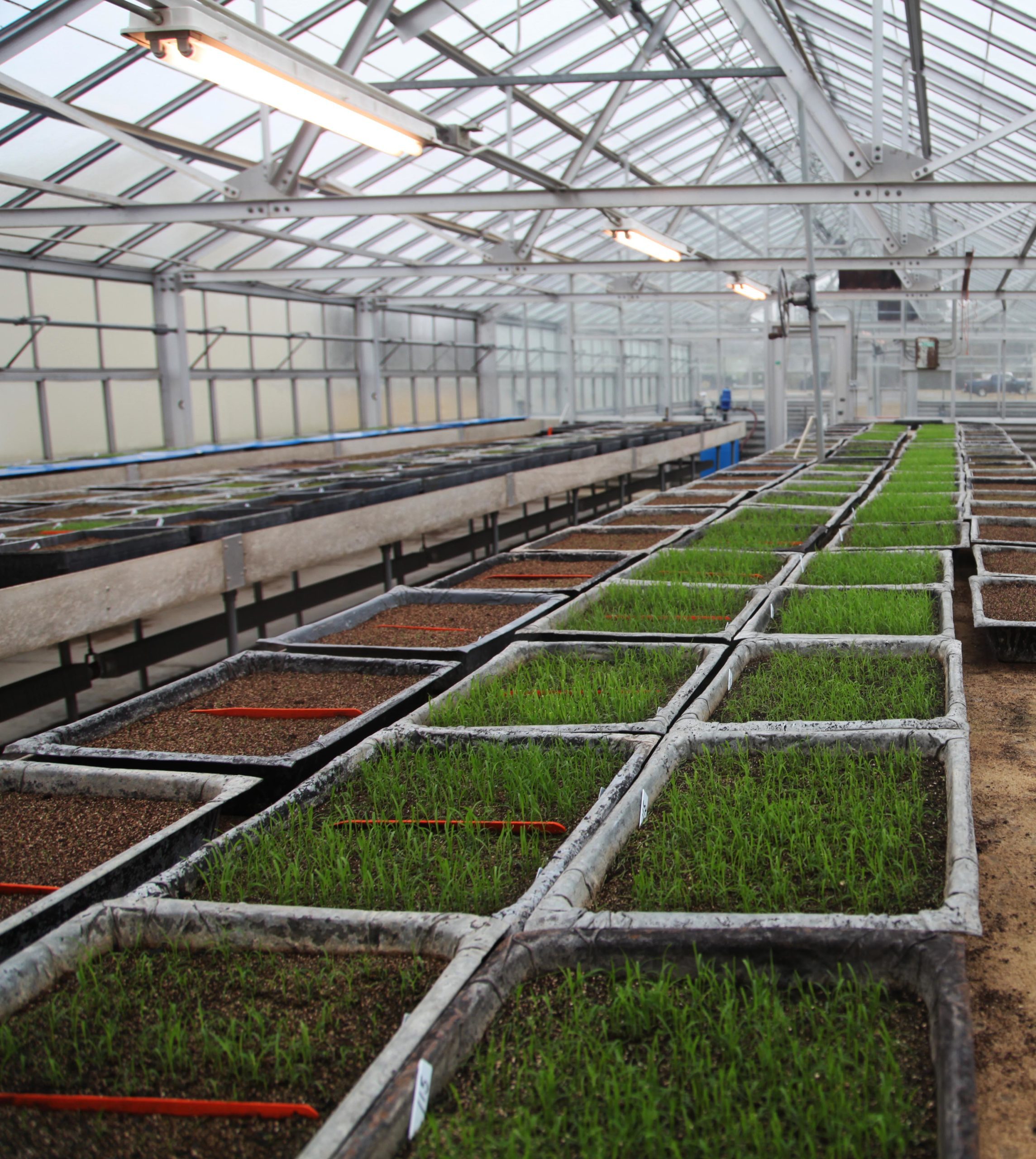By: Jim Harper, President of the Louisiana Farm Bureau Federation
In 2020, Louisiana sugarcane growers produced more than two million tons of sugar, a new record for any year, but especially amazing during a pandemic. In April of this year, the LSU AgCenter released two new sugarcane varieties, 885 and 267. Both of these facts received little fanfare, but they are both important and connected.
Of course, farmers can’t take a year off and the pandemic highlighted just how essential farming is to the country and world. However, neither can the researchers who supply us with these varieties that keep the industry going.
These two new varieties are the result of 12 years’ worth of work. The researchers at the St. Gabriel research station plant 80,000 seedlings at a time, and they’re lucky if they get one that makes it as a new variety to be released.
The reason is it’s not as simple as just breeding a plant that makes more sugar. It’s breeding sugarcane that produces the most sugar, while being able to resist disease, insect pressure and climatological changes, such as the week-long freeze during Mardi Gras that affected the whole state. Louisiana is the northernmost area in the world where sugarcane is grown.
Despite all the challenges, sugarcane has doubled in productivity from its inception to now—back in the ’60s, we were getting 4,000 to 4,500 pounds of sugar per acre. Last year, the average was 8,300 pounds per acre. The record for any field is 8,800 pounds, so we’re getting close to averaging what was once an unthinkable feat. It’s all due to the varieties grown right here in Louisiana.
So now we have two new varieties that will hopefully serve us even better, keeping our nation’s food supply abundant and our farmers capable. I want to thank all of the researchers, graduate and undergraduate students whose countless hours of work build this scientific powerhouse.
As a sugarcane farmer myself, I’m grateful for not only this ongoing process, but the state support of an independent LSU AgCenter, which is a world leader in not just sugarcane, but all agricultural research. It’s a process that truly affects all of us from the field to the fork.
This article was originally published by the American Sugar Cane League.




Get Social with #MoreToSugar